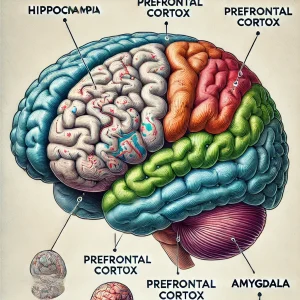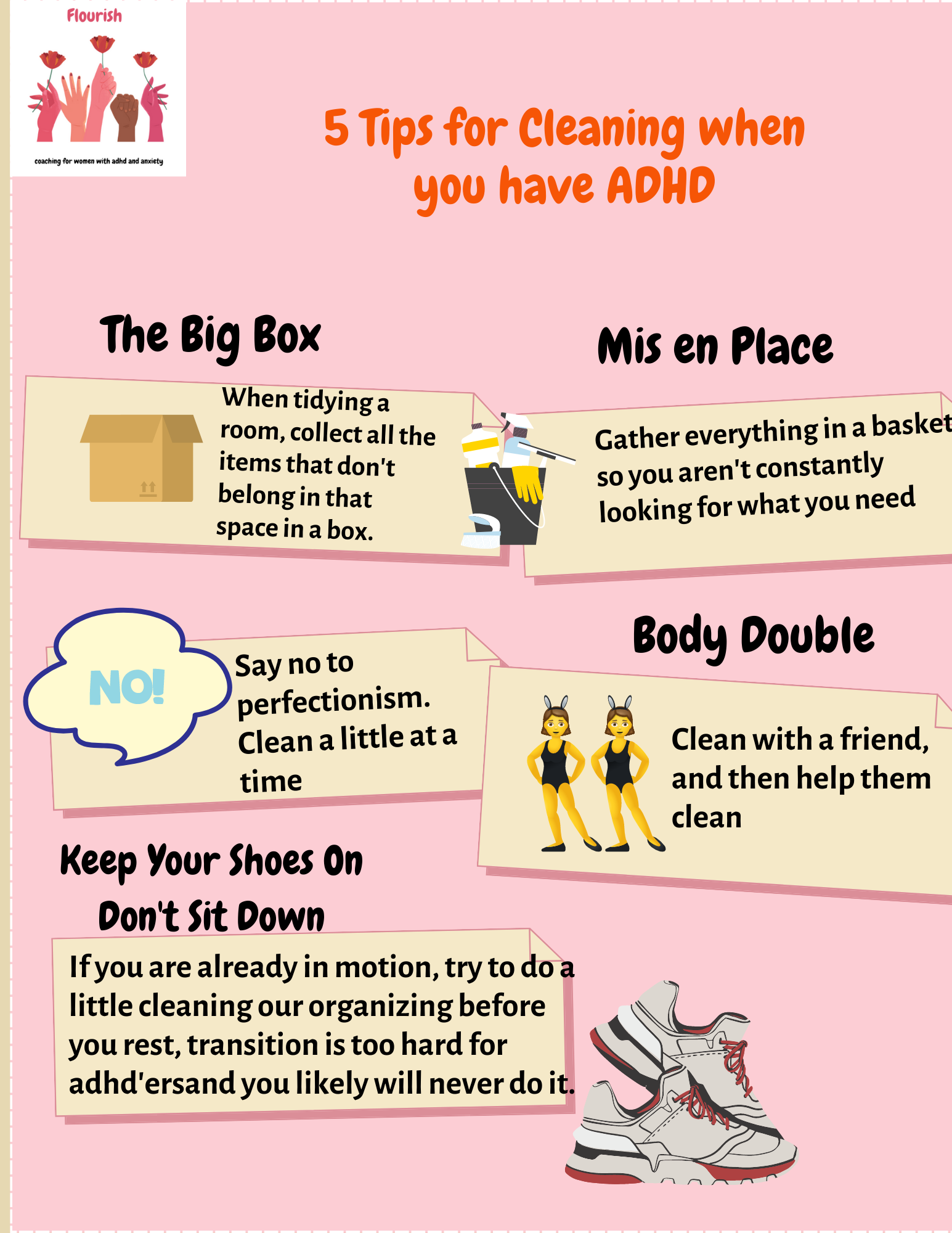Understanding Object Recognition Memory in ADHD: Key Insights from a New Study
Introduction
If you or someone you know has ADHD, this blog post aims to shed light on a crucial aspect of cognitive functioning—object recognition memory. This type of memory is vital for navigating daily life, and its challenges are particularly significant in individuals with ADHD. A new meta-analysis offers in-depth insights into how ADHD affects object recognition memory across different age groups.
What is Object Recognition Memory?
Object recognition memory is the ability to remember and identify objects one has encountered. It is crucial for everyday activities such as distinguishing a friend’s face in a crowd, finding a specific item in the supermarket, or recalling where you placed your keys.
The Study: A Meta-Analysis
The study is a meta-analysis, meaning it combines data from 28 separate studies involving about 3,000 children, half of whom were diagnosed with ADHD. This approach provides a broader understanding of how ADHD impacts memory functions.
Key Findings
The study reveals that children with ADHD generally struggle more than their peers in tasks requiring them to recognize objects they have previously seen. These tasks could be as simple as identifying a previously shown toy among a new set or as complex as recalling sequences of objects.
Broader Implications for Executive Functioning
ADHD impacts executive functioning, which includes working memory, flexible thinking, and self-control. These executive skills are crucial for planning, focusing attention, remembering instructions, and juggling multiple tasks simultaneously. The challenges in object recognition memory highlight broader issues in executive functioning in individuals with ADHD, affecting their ability to process and retrieve information efficiently.
Other Memory Issues in ADHD
Apart from object recognition memory, individuals with ADHD may experience deficits in other types of memory:
-
- Working Memory: People with ADHD often have deficits in working memory, which is the ability to hold and manipulate information over short periods. This impacts tasks such as following instructions, solving problems, and completing multi-step activities.
- Short-term Memory: Short-term memory, or the ability to retain information briefly, is frequently impaired in individuals with ADHD. This can result in forgetting what was just read or heard.
- Long-term Memory: While long-term memory is less consistently affected, some individuals with ADHD may experience difficulties retrieving stored information, leading to challenges in recalling facts or personal memories.
- Prospective Memory: This type of memory, which involves remembering to perform actions in the future (like taking medication or attending appointments), is often problematic for people with ADHD, contributing to forgetfulness and missed deadlines.
- Episodic Memory: Episodic memory, or the ability to recall specific events and experiences, can be inconsistent. Some people with ADHD might vividly remember specific details while others are forgotten.
- Semantic Memory: Semantic memory, which involves the recall of general knowledge and facts, is generally less affected in ADHD. However, the retrieval speed may be slower.
- Memory Consolidation: Stabilizing a memory after initial acquisition might be less efficient, affecting how well new information is integrated and stored.
These aspects illustrate the multifaceted nature of memory challenges in ADHD, extending beyond object-relational memory to various other types of memory processes.
Implications for Children with ADHD
Challenges associated with object recognition memory can lead to:
- Educational Impacts: Struggling with academic tasks that require recalling visual information like diagrams in science vocabulary words or characters in stories.
- Social Challenges: Difficulty in recognizing faces or names can hinder social interactions.
- Daily Life: Everyday tasks like finding an item in a room or navigating routes can become more challenging.
Implications for Adults with ADHD
Similarly, adults with ADHD face:
- Social Interactions: Challenges in recognizing faces, remembering names, and recalling details of past interactions.
- Workplace: Issues navigating software, recognizing icons, and recalling document details.
- Daily Tasks: Difficulty remembering grocery list items, locating objects in the house, and navigating landmarks while driving.
Importance of Self-Compassion
It's essential for individuals with ADHD to approach these challenges with self-compassion, understanding that these difficulties stem from neurological differences rather than personal failings. Recognizing and accepting these aspects can promote a more supportive environment for managing ADHD.
Conclusion
Understanding the impact of ADHD on object recognition memory and executive functioning can help tailor more effective coping strategies. These insights underscore the importance of addressing cognitive challenges in ADHD through targeted interventions and supportive measures, enhancing the ability to navigate both educational and everyday tasks more successfully. Fostering an environment of acceptance and compassion is key to managing and overcoming these challenges.
By shedding light on the challenges faced by individuals with ADHD in relation to object recognition memory, this blog post aims to provide valuable insights and practical advice. Emphasizing self-compassion and supportive strategies can make a significant difference in managing ADHD effectively.




